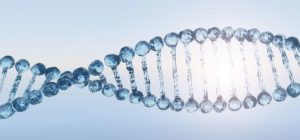What is NAD+? Researchers say you can’t live without this special coenzyme. Let’s learn more about it.
RELATED: New Research Shows Red Wine And Chocolate Could Have Anti-Aging Benefits
In this article:
- What Is NAD+ and What Does It Do?
- Who Else Contributed to the Discovery and Research of NAD+?
- How Does NAD+ Work?
- How Does Our Body Produce NAD+?
- How Does Aging Impact NAD+ Function?
What Is NAD+: Everything You Need to Know About Nicotinamide Adenine Dinucleotide
What Is NAD+ and What Does It Do?
Nicotinamide adenine dinucleotide, or NAD+, is a coenzyme that plays a role in vital biological processes, such as the regulation of DNA and energy metabolism.
What is a coenzyme? These are organic and non-protein compounds that are vital to enzyme functioning.
You can find NAD+ in human, animal, plant, yeast, and bacteria cells. Basically, it’s in every living cell.
Two scientists, Arthur Harden and William John Young, first discovered NAD+ in 1906.
They identified NAD+ when they were studying the fermentation process, but it only gained traction 20 years later when Harden won the Nobel Prize in Chemistry with Hans von Euler-Cheplin.
Euler-Cheplin’s early contributions helped shape our current understanding of NAD+.
Not only did he map out the NAD+ structure, but he also discovered that it is a vital precursor for fermentation (which is also a metabolic process). Since then, other prominent scientists studied this important compound.
Who Else Contributed to the Discovery and Research of NAD+?
Apart from Harden and Young, these are the other scientists who did important, seminal work on NAD+:
- Otto Heinrich Warburg conducted research on the role of NAD+ in metabolic reactions in the 1930s.
- C.K. Koehn and Conrad A. Elvehjem found out that nicotinic acid is an NAD+ precursor.
- Joseph Goldberg discovered that the disease pellagra is caused by a dietary deficiency. Using his research, other scientists discovered that the deficiency was nicotinic acid.
- Arthur Kornberg discovered the enzyme that makes NAD+ or NAD synthetase which helps us understand NAD+ building blocks.
- Philip Handler and Jack Preiss discovered the pathway that creates NAD+ which helps us understand how NAD+ impacts diet.
The work of these scientists is the foundation for our understanding of NAD+ and its important role in health and aging.
How Does NAD+ Work?
Think of NAD+ as a helper molecule. It binds together other enzymes which leads to two general reactions in the body:
- Turning of nutrients into energy (aka metabolism)
- Regulation of biological activities
These reactions help respond to oxidative stress from free radicals. They also help regulate circadian rhythms and DNA health.
RELATED: 9 Anti-Aging Myths Debunked
How Does Our Body Produce NAD+?
You can get NAD+ from a diet rich in amino acids. But not just any amino acids.
There are specific amino acids that are precursors to NAD+.
Over the years, scientists have discovered a few NAD+ precursors such as:
- Nicotinic acid
- Nicotinamide
- Nicotinamide riboside
These use natural pathways to produce NAD+. Among them, scientists believe nicotinamide riboside as the best pathway to NAD+.
How Does Aging Impact NAD+ Function?
As you age, the NAD+ levels in your body decline. One study shows that depleting NAD+ levels plays a large role in the tissue aging process.
Apart from skin aging, another study shows that NAD+ levels in the brain also decline as you age. Keep in mind that when NAD+ levels decrease, your body’s metabolism begins to slow down, which ultimately leads to a decrease in cellular energy production.
Scientists also believe that there’s a crosstalk between metabolism and other biological processes. This means that when there’s something wrong with your metabolism, it can have a ripple effect on other processes vital to your overall health.
This depletion also hampers DNA repair and genomic signaling. Over time, NAD+ depletion can affect cellular activity.
NAD+ activates sirtuins, a group of proteins often referred to as “longevity genes” or “genome guardians” because of their role as cellular health regulators.
There are animal studies that show the positive impact NAD+ supplements have on cellular repair and aging. In one study, mice with degenerative muscles were given NAD+ supplements in an attempt to replenish their NAD+ stores.
At the end of the study, the mice who took the NAD+ supplement had better muscle function and heart pathology. They also had less inflammation and fibrosis.
Another study shows similar results. There was an increase in DNA repair among two-year-old mice who took NAD+ supplements.
In fact, their tissue samples were comparable to tissue samples from three-month-old mice. While waiting for more research on the effects of NAD+ supplementation on humans, these initial animal studies are promising.
Scientists have known about NAD+ for over a century, but they’ve only started uncovering its potential. As technology advances, they are finding more and more ways to harness this potential.
Given these findings, researchers are trying to figure out how to help people maintain optimal NAD+, especially as they age. Ideally, your diet should provide you the amino acids you need to produce NAD+, but this may not always be the case.
Supplements may be a way to bridge this gap. If you’re interested in finding ways to increase your NAD+ levels, talk to an integrative health specialist today to learn about your options.
What are your thoughts on NAD+ supplements? Let us know in the comments section below.
Up Next:
- Inflammaging: How Aging And Inflammation Can Cause Age-Related Diseases (Case Study)
- Discovery Of How Cells Respond To Oxygen Wins 2019 Nobel Prize In Medicine
- Diet For Hypothyroidism: Food To Include In Your Diet Plan


